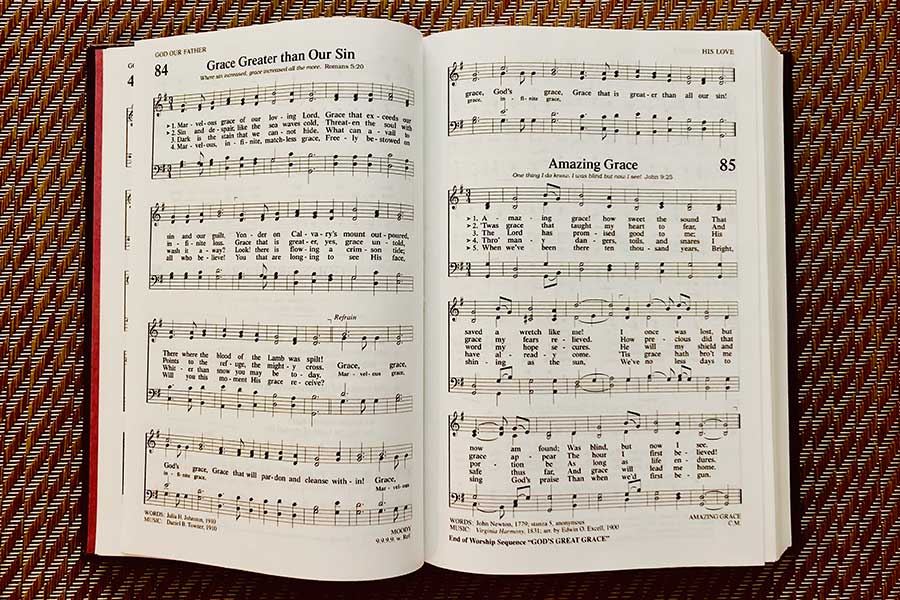Dear Rusty: I am looking for advice on how our recent decision to take up work in the United Kingdom will affect our U.S. Social Security benefits. I want to understand whether we need to be prepared for a loss in future Social Security benefits, in comparison to what we’d get by continuing to work in the U.S. Signed: Working Abroad
Dear Working Abroad: I’ll start by noting that the U.S. and the U.K. have a bilateral “totalization” agreement which helps those who have worked in both countries qualify for Social Security benefits in the other, but this relates only to you earning enough credits to be eligible for benefits. Your foreign earned income won’t be included when computing your U.S. Social Security benefits.
Under the “totalization agreement if, from your work in the U.S., you have earned only 30 credits toward the 40 needed to qualify for U.S. Social Security benefits, and you went to work in the U.K. and earned 10 credits toward the U.K.’s eligibility requirement, those 10 U.K. credits would be added to your 30 U.S. credits to give you the 40 needed to be eligible for U.S. Social Security benefits. However, your U.S. Social Security benefit when it is claimed would be based upon your U.S. earned income only and would not include your U.K. earned income.
To determine your U.S. benefit amount, Social Security uses the highest-earning 35 years of your U.S. earned income during which SS FICA payroll taxes were withheld from your earnings. Your lifetime U.S. earnings are adjusted for inflation and the highest earning 35 years are used to arrive at your “average indexed monthly earnings” (AIME). Your AIME is then used to determine your “primary insurance amount” (PIA), which is the benefit you are due at your full retirement age. If you don’t have a full 35 years of U.S. earnings because you spent a number of years working in the U.K., Social Security will put in enough zeros to make 35 years. Those zeros in your earnings record will reduce your U.S. Social Security benefit amount.
So, by comparison, if you were to remain in the U.S. and continue working (and contributing to SS) here, your eventual Social Security benefits will be higher, because your U.S. earnings will count toward your AIME, and will eliminate some or all of any zero years in the 35 used to compute your benefit. Conversely, your earnings from working in the U.K. will not count toward your U.S. Social Security earnings history (won’t be included in your AIME), meaning you’ll show zeros in your U.S. earnings record for the years you worked in the U.K, and thus your U.S. SS benefit will be lower than if you instead continued to work in the U.S. Of course, if you already have at least 35 years of U.S. earnings you will not have zeros in your work history, but your U.K. earnings still will not count toward your U.S. Social Security benefit and will not eliminate any lower-earning years in your 35-year U.S. work history.
For more stories like this, see the Jan. 1 issue or subscribe online.
By Russell Gloor • AMAC Certified Social Security Advisor

















0 Comments